Detailed introduction of Egypt-Japan University of Science and Technology:
Introduction and Overview
The Egypt-Japan University of Science and Technology is a non-profit public higher education institution in Egypt. It is located in the new Borg el Arab city in Alexandria. It is a joint school between Egypt and Japan, offering undergraduate and higher degree programs in multiple fields.
History and Establishment
In March 2009, the governments of Egypt and Japan signed a bilateral agreement to establish the university. In May of the same year, Egypt issued Presidential Decree No. 149, announcing the establishment of the university. In February 2010, enrollment began at the temporary headquarters, initially only engineering majors, and in February 2011, international business and humanities majors began to be enrolled.
School Strength
Faculty: It has excellent teachers from Egypt and Japan, including administrative and academic experts sent by the Japan International Cooperation Agency (JICA), and academic experts from the Japan Support University Consortium (J SUC), providing students with high-quality teaching and guidance.
Academic achievements: It has achieved certain results in scientific research and technological innovation, actively carried out cooperation with Egyptian and Japanese companies, and promoted the transformation and application of scientific research results.
Nature of the institution
A public university, funded and managed by the Egyptian government, and in close cooperation with the Japanese government and related institutions.
Educational philosophy
Based on Japan's innovative education model, it focuses on scientific research, practical application and problem-solving methods, and is committed to cultivating high-standard graduates. The goal is to become a world-class academic research institution and enter the world's top 500 universities within ten years.
Key laboratories and disciplines
Key laboratories: There are many advanced laboratories for scientific research and teaching, such as the clean energy laboratory established in cooperation with Japan, equipped with advanced instruments and equipment, providing good conditions for related research.
Key disciplines: The School of Electronics, Communications and Computer Engineering and the various majors of the School of Engineering have certain advantages, such as power engineering, electronics and communications engineering, etc. In teaching, we focus on the cultivation of practical and innovative abilities, and are closely integrated with Japan's education standards and technical systems.
Faculty
There are 7 colleges, including the School of Engineering, the School of Electronic Communications and Computer Engineering, and the School of International Business and Humanities, which offer bachelor's, master's and doctoral degree programs and diploma programs in specific disciplines.
Ranking
According to the 2024 THE World University Rankings, the school ranks 601-800 in the world, ranks first in Egypt, and is also a leader in the Middle East and North Africa region.
Cost
Tuition fees vary depending on the major and degree level. The annual tuition fee for undergraduate students is roughly around 10,000-20,000 Egyptian pounds, and the tuition fees for master's and doctoral degrees are relatively high. The school provides scholarships and grants for outstanding students.
Campus Environment
Geographic location: Located in the New Borg El Arab City of Alexandria, the city is an important industrial city in Egypt with multiple industrial parks and a large number of industrial and production facilities, attracting a lot of international investment.
Teaching facilities: It has modern teaching facilities, including laboratories, libraries, computer centers, etc. Its temporary headquarters and university dormitories are currently located in the third district of the New Borg El Arab City, and will be moved to the new campus after the construction of the 200-acre new campus is completed.
Living facilities: There are dormitories, restaurants and other living facilities on campus, which can meet the basic living needs of students. At the same time, there are supermarkets, shops and other supporting facilities around the school to facilitate students' daily life.
-
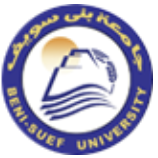
Beni-Suef University
-
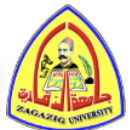
Zagazig University
-

October University for Modern Sciences and Arts
-
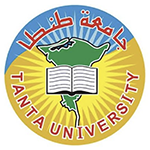
Tanta University
-

Nile University
-

Cairo University
-
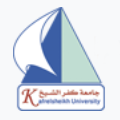
Kafrelsheikh University
-
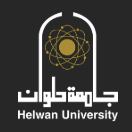
Helwan University
-

Delta University for Science and Technology
-
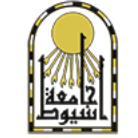
Assiut University
-

Mesoamerican University
-

Istmo University
-

Mariano Galvez University of Guatemala
-

Regional University of Guatemala
-

Galileo University
-

Francisco Marroquín University
-

Rafael Landívar University
-

University of the Valley of Guatemala
-

University of San Carlos of Guatemala
-

Technological Institute of Tlaxcala Plateau
-

Golfo University
-

Technological University of South Sonora
-

Technological University of Huejotzingo
-

Tizimín Institute of Technology
-

Chilpancingo Institute of Technology

